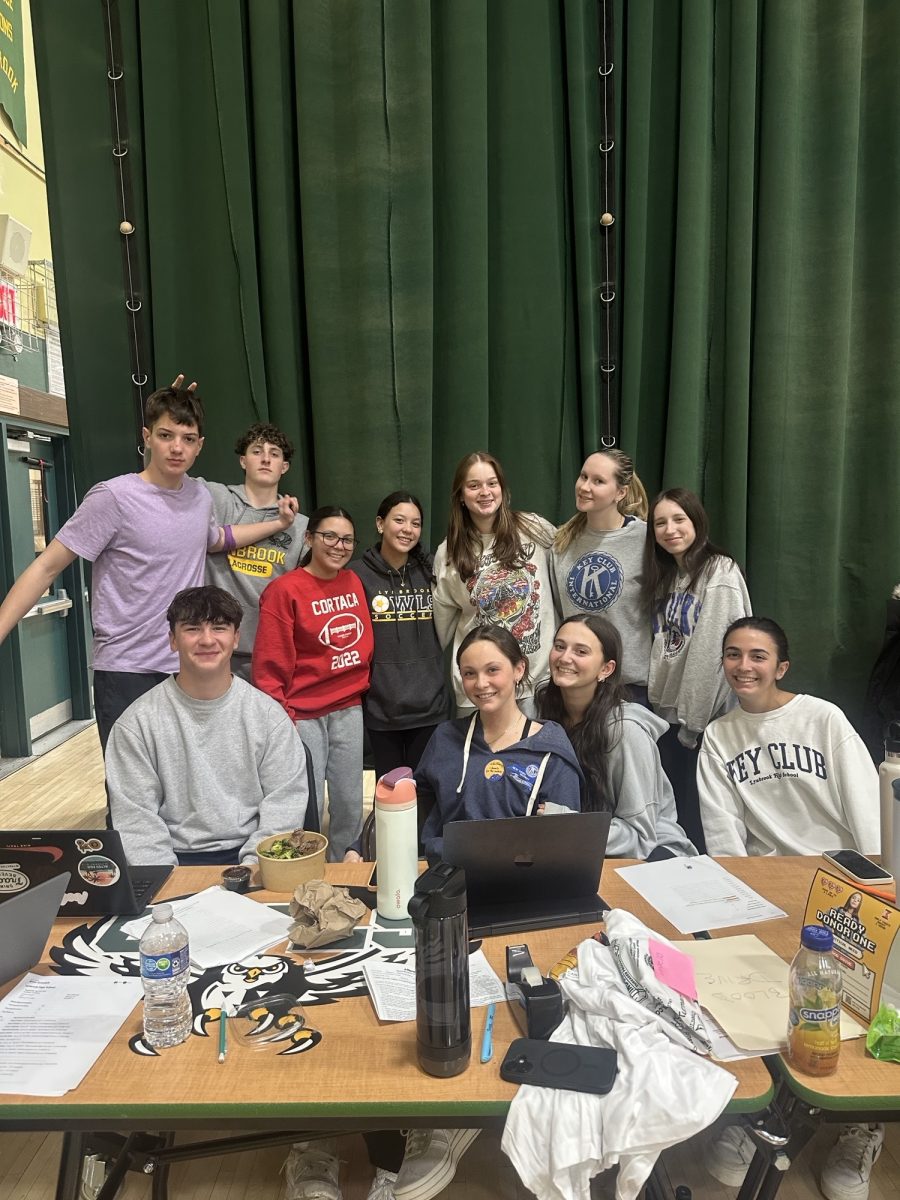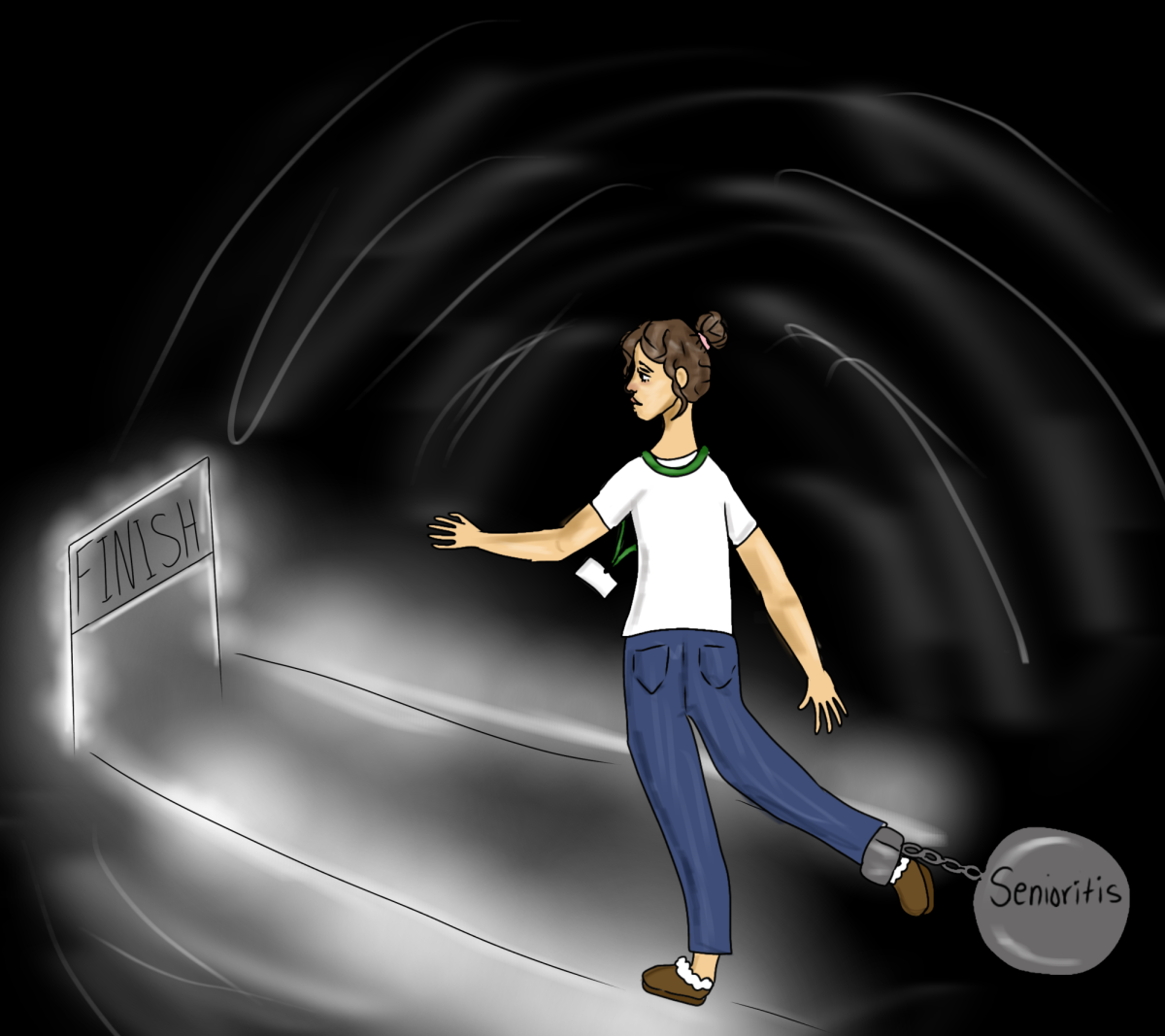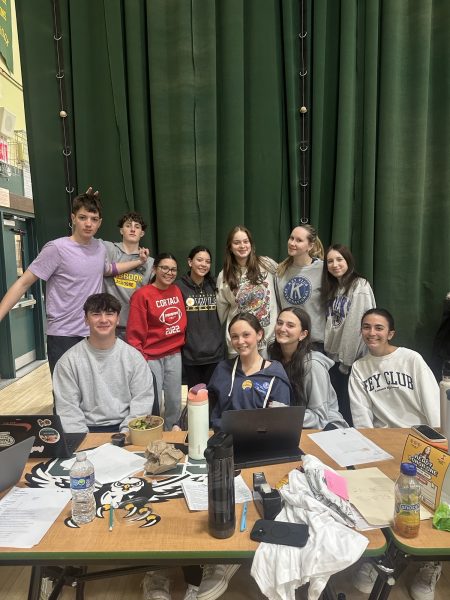Unraveling the Strikes in France
French President Emmanuel Macron’s decision to force a divisive bill, raising the retirement age from 62 to 64, has sparked widespread protests and strikes throughout France. The proposed changes to the country’s pension system are scheduled to be gradually implemented every three months per year from September 2023 to September 2030. These reforms aim to cut pension costs and require people to work for 43 years to receive a full pension, which averages to about 1,400 euros per month.
The proposed pension changes would require French workers to stay in the workforce for an additional two years before being eligible to retire. The government argues that this is necessary to ensure the sustainability of the country’s pension system, which is facing significant financial challenges due to an increasing life expectancy and an aging population. However, opponents of the bill argue that it unfairly targets the working-class and low-income individuals, who may not have the option to continue working for an additional two years. These changes have been met with opposition from unions, workers, and citizens leading to thirteen nationwide strikes since January 2023. When asked what his opinions were on the matter, freshman Timothy Neri said, “I think [the French] have [every] right to strike if they disagree with their government.”
Since the announcement of the proposed changes in President Macron’s 2022 re-election campaign, there have been numerous protests and strikes throughout the country. In the article, “Here’s What to Know About France’s Controversial Pension Reforms as Macron Survives No-confidence Vote” posted on the Forbes website (forbes.com), writer Conor Murray reported, “The proposal faced immediate resistance from labor unions, some of which issued a joint statement in January promising strikes, denying the pension system is in danger and stating ‘nothing justifies such a brutal reform.’” On the other hand, in the article “Clashes Erupt in France on May Day as Hundreds of Thousands Protest Macron’s Pension Reforms” posted on the CBS News website (cbsnews.com), French government spokesperson Olivier Veran claimed, “We’re not reforming pensions to be popular but to be responsible. We’ll go all the way because it’s the only way our social model can survive.”
Due to these reforms, public transportation has been disrupted with train and metro workers going on strike. Many schools and universities have also been closed due to staff shortages. In addition to disturbances with the transportation and public schools, the pension reform strikes have also led to clashes with police and disruptions to garbage collection services. During the protests and strikes, there have been reports of violent confrontations between protesters and police with tear gas and water cannons being used to disperse crowds. Additionally, the strikes have led to piles of uncollected garbage in some cities, as garbage collectors have also participated in the strikes. This has led to concerns about public health and sanitation in some areas. Sophomore Abigail Piazza said, “[The] way people are acting is ridiculous. There is no need for a riot after the age goes up by two [years]. I am not in the French demographic; [however], it is stupid to be upset over two years.” On the other hand, freshman Ryan Mangru believes that “this is unfair because if [French people are] retiring at 62; they should be given their money at 62. They should be getting the money they worked hard for.”
The strikes and protests in France over the pension reforms have the potential to affect countries globally. First, as a major European economy, any significant disruption to France’s economy could have rippling effects on the global economy, including that of the United States. Secondly, the strikes reflect the growing unrest and dissatisfaction among workers around the world, particularly in developed countries, who are facing a range of economic challenges, including stagnant wages, rising living costs, and aging populations. This trend is particularly significant for the United States, which is also struggling with these issues and seeing workers’ rights take a role as a key issue in politics. Finally, the strikes in France could inspire similar protests and strikes in other countries as workers and unions seek to protect their rights and benefits.
The pension reform strikes in France have uncovered some of the key challenges facing workers and governments around the world. The protests and strikes have highlighted the growing discontent among workers about the erosion of their rights and benefits. As the strikes and protests continue, it serves as a reminder that workers’ rights and benefits are critical issues that are taking a role in global politics.

Hi! My name is Stacey Krivitsky. I am a member of the Class of 2025 and an A&E Editor. Aside from Horizon, I am in Science Bowl Club, Women in STEM...







































